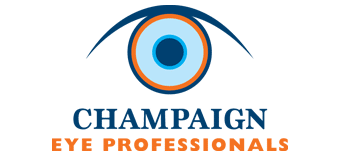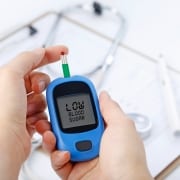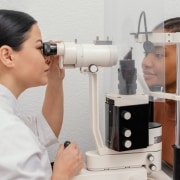I Have Diabetes – How Will That Impact My Vision?
Diabetes can affect your body in dramatic ways, including your eyesight. Knowing what diabetes can do to your eyesight and what you can do to avoid vision problems created by diabetes. At Champaign Eye Professionals, we perform comprehensive eye exams to look out for the effects of diabetes. Here’s what you need to know about diabetes and how it can impact your eyesight.
Diabetes Puts You At Risk
Diabetes can put patients at risk for a number of conditions that can lead to loss of sight in various ways. Eye conditions that diabetic patients are most at risk for include:
- Glaucoma
- Diabetic retinopathy
- Macular edema
- Cataracts
Seeing the Eye Doctor Is Important
Some of the conditions that patients are at risk of developing have few or no symptoms in the early stages and can lead to permanent loss of eyesight. The only way to catch some of these conditions in the early stages is to see the eye doctor regularly for comprehensive examinations. During these exams, the eye doctor will dilate the eyes and look inside to identify damage from eye diseases.
Know the Symptoms to Watch Out For
Knowing the symptoms of eye disease can prompt patients to go to the eye doctor in Champaign, IL as soon as symptoms emerge.
- Blurry vision
- Wavy vision
- Poor color vision
- Dark areas in the vision
- Floaters in vision
- Flashes of light
- Vision loss
Make An Appointment With Your Eye Doctor
Are you noticing problems with your vision? Do you have diabetes? Visit the eye doctor once annually. Contact the pros at Champaign Eye Professionals. We’ll schedule a comprehensive vision exam to diagnose your vision problems today.




